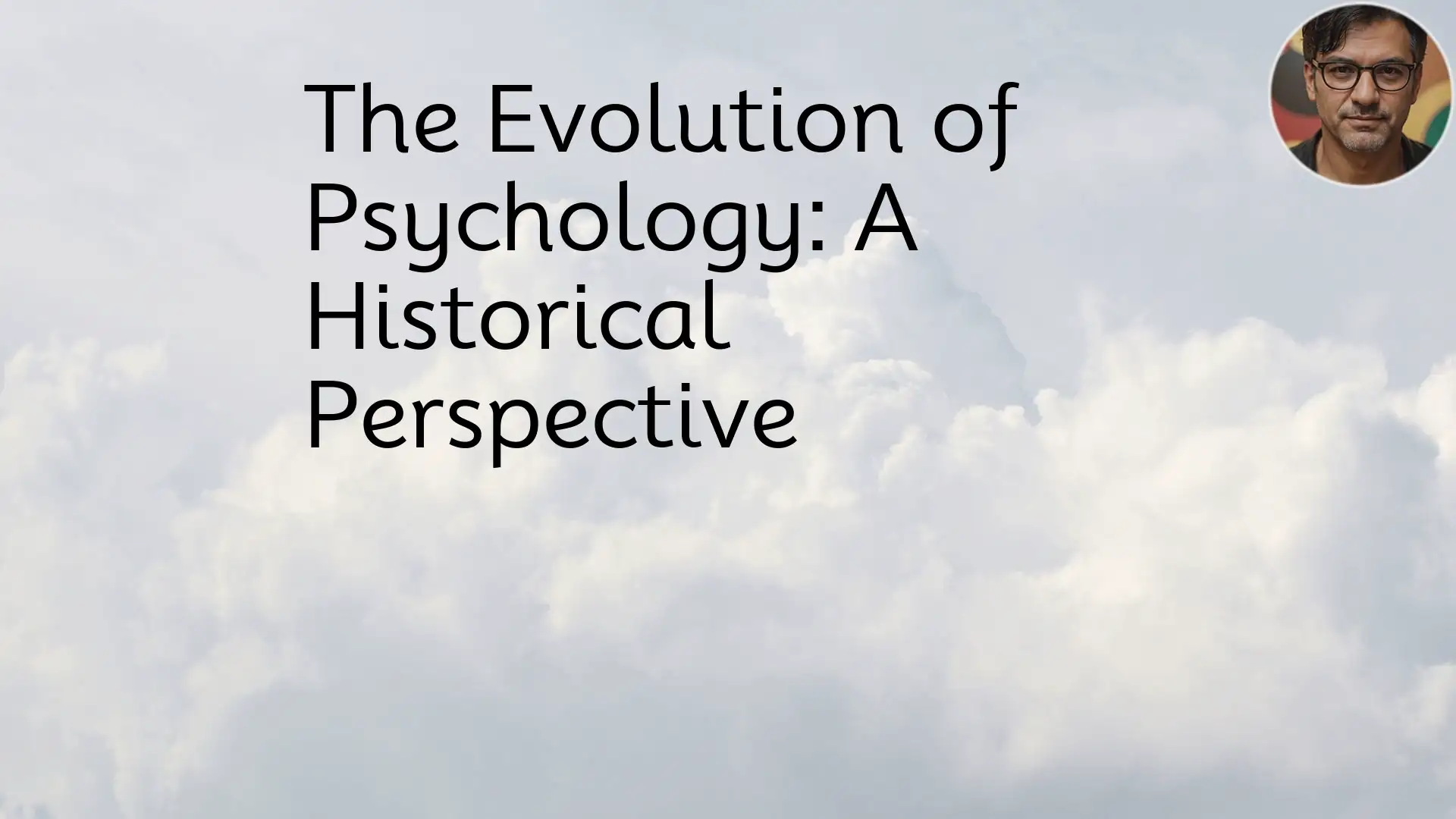The Evolution of Psychology: A Historical Perspective

Psychology is a fascinating field that has evolved significantly over the centuries. From its roots in philosophy to a rigorous scientific discipline, psychology has come a long way. In this post, we will trace the historical development of psychology, highlighting its transformation over time.
Ancient Philosophy:
The earliest roots of psychology can be traced back to ancient Greek philosophy. Philosophers like Plato and Aristotle explored the nature of the mind and its relationship to the body. They believed that the mind and body were separate entities, and that the mind could be studied through introspection and observation.
Renaissance and Enlightenment:
During the Renaissance and Enlightenment periods, psychology began to take on a more scientific approach. Philosophers like Descartes and Locke explored the relationship between the mind and the body, and the role of experience in shaping behavior. This led to the development of empiricism, which emphasized the importance of observation and experimentation in understanding the mind.
Structuralism and Functionalism:
In the late 19th century, psychology began to emerge as a distinct scientific discipline. Structuralism, pioneered by Wilhelm Wundt, focused on the structure of the mind and its basic elements. Functionalism, developed by William James, focused on the purpose of behavior and how it helped individuals adapt to their environment.
Behaviorism:
In the early 20th century, behaviorism emerged as a dominant school of thought in psychology. Behaviorists believed that behavior could be studied objectively, without reference to mental processes. They emphasized the role of conditioning in shaping behavior, and rejected the idea of introspection as a valid method of studying the mind.
Cognitive Psychology:
In the 1950s and 1960s, cognitive psychology emerged as a new approach to studying the mind. Cognitive psychologists focused on mental processes like perception, memory, and problem-solving. They believed that the mind could be studied scientifically, and that mental processes could be inferred from observable behavior.
Contemporary Psychology:
Today, psychology is a diverse and multifaceted field that encompasses a wide range of approaches and perspectives. From neuroscience to social psychology, psychologists continue to explore the nature of the mind and behavior, and its relationship to the world around us.
In conclusion, psychology has come a long way since its roots in ancient philosophy. From a philosophical inquiry into the nature of the mind to a rigorous scientific discipline, psychology has undergone significant transformation over the centuries. By understanding its historical development, we can gain a deeper appreciation for the complexity and richness of this fascinating field.
No comments yet.
